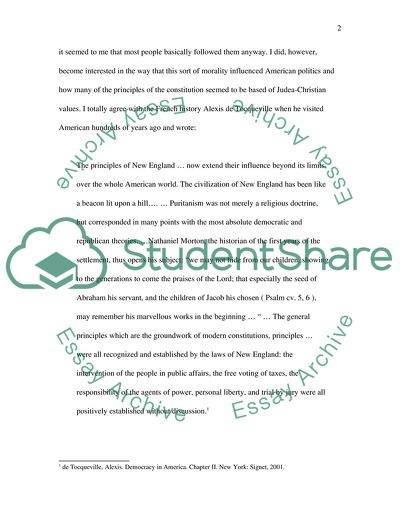Cite this document
(The Meaning of Life and Morality Essay Example | Topics and Well Written Essays - 2500 words, n.d.)
The Meaning of Life and Morality Essay Example | Topics and Well Written Essays - 2500 words. https://studentshare.org/philosophy/1722115-philosophy-contemporary-ethical-theory3
The Meaning of Life and Morality Essay Example | Topics and Well Written Essays - 2500 words. https://studentshare.org/philosophy/1722115-philosophy-contemporary-ethical-theory3
(The Meaning of Life and Morality Essay Example | Topics and Well Written Essays - 2500 Words)
The Meaning of Life and Morality Essay Example | Topics and Well Written Essays - 2500 Words. https://studentshare.org/philosophy/1722115-philosophy-contemporary-ethical-theory3.
The Meaning of Life and Morality Essay Example | Topics and Well Written Essays - 2500 Words. https://studentshare.org/philosophy/1722115-philosophy-contemporary-ethical-theory3.
“The Meaning of Life and Morality Essay Example | Topics and Well Written Essays - 2500 Words”. https://studentshare.org/philosophy/1722115-philosophy-contemporary-ethical-theory3.


